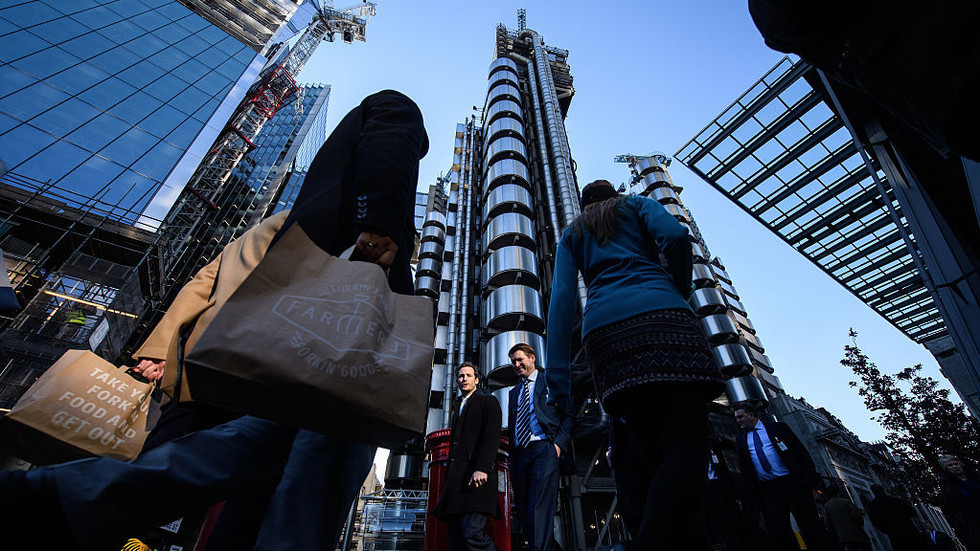The London Stock Exchange (LSE) is currently experiencing a significant contraction, with the number of companies listed on it diminishing at the fastest rate seen in over a decade. Recent data from Bloomberg reveals that in 2024, 45 firms have delisted from the exchange—this represents a 10% increase compared to the total number of delistings in the previous year, which marked the highest level of exits since 2010. In conjunction with this decline, there has been a notable uptick in merger and acquisition activities associated with UK companies, which surged by 81% this year, exceeding $160 billion. However, the initial public offerings (IPOs) in London reveal a troubling trend, with only 11 companies achieving this feat and raising just $1 billion, showing an 11% decline compared to 2023 levels.
Experts suggest that the United Kingdom needs immediate reforms to maintain its status as a significant international financial center. Liad Meidar, the managing partner at Gatemore Capital Management, expressed his concerns to Bloomberg by stating that the inability of UK firms to secure favorable capital costs and desired valuations is detrimental. This sentiment underscores a growing frustration among industry insiders regarding the perceived stagnation and inefficiencies in the UK’s financial landscape. The outgoing trend of companies removing themselves from the LSE raises alarms about the competitiveness and attractiveness of the UK market compared to global counterparts.
While this environment has prompted a downturn in IPO activity, it has paradoxically created opportunities for overseas private equity firms eager to engage in mergers and acquisitions within the UK market. High-profile deals have emerged, showcasing foreign investment interest. For example, Starwood Capital Group’s acquisition of the Balanced Commercial Property Trust for $852 million, EQT’s $2.7 billion purchase of Keywords Studios, and Thoma Bravo’s $5.3 billion acquisition of Darktrace highlight the increasing propensity of foreign entities to invest in UK businesses. This trend emphasizes a potential shift in how companies view the value proposition of the UK stock market despite its shrinking breadth.
Looking ahead, the potential for new deals remains robust, as evidenced by ongoing negotiations and acquisition attempts by prominent firms. Amanda Blanc, the CEO of Aviva, is reportedly urging the board of Direct Line Insurance Group to consider her $4.2 billion takeover bid, while General Atlantic is eyeing an online training venture with a planned acquisition of Learning Technologies Group for $1 billion. This flurry of activity signals that, although the number of listed companies is dwindling, there remains an appetite among investors and firms for strategic acquisitions, suggesting resilience in certain sectors of the market.
Despite the increase in takeover activity, the LSE’s current trading landscape presents challenges. Notably, British equities are trading at a record discount—over 40% lower than similar entities globally—making them attractive to bargain hunters. This opportunity, however, coexists with underlying issues within the market that could hinder long-term sustainability if unintervened. Coordinated efforts from investment banks, the exchange itself, and regulatory bodies are considered essential for addressing the fundamental problems plaguing the UK stock market, ensuring it can adequately respond to competitive global conditions.
In summary, the shrinking landscape of the London Stock Exchange highlights significant challenges for the UK’s financial infrastructure while revealing a dynamic shift in market behavior. Although institutional interest and acquisition activities from foreign firms suggest opportunities, a concerted effort is necessary to enact reforms that could revitalize the LSE and retain its significance within the global financial ecosystem. Without meaningful changes, the UK risks continual marginalization in the fast-paced world of international finance.

